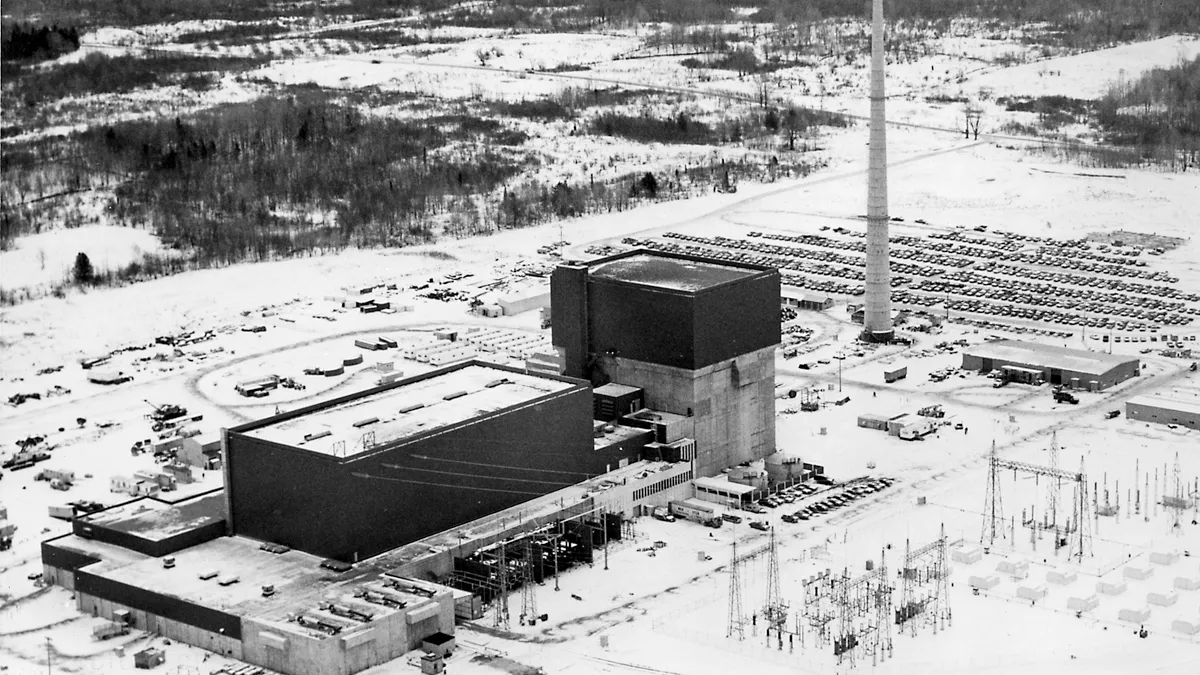Dive Brief:
- The New York Public Service Commission earlier this month rejected requests from 17 parties for a rehearing on the state's Clean Energy Standard (CES), which provides financial support for at-risk nuclear generation in the north of the state.
- Most petitions were rejected out of hand, but regulators said that they would take a second look at which resources qualify for Zero Emission Credits (ZEC) under the CES after a number of hydro electricity providers sent petitions.
- In their order, regulators wrote the ZEC payments do not inappropriately intrude on the wholesale market. But two court challenges remain; one from a group of generators and another from a state environmental group.
Dive Insight:
Approved in August, the CES mandates that New York source 50% of its electricity from renewables by 2030 and aims to cut the state's carbon emissions 40% from 1990 levels.
To assist that goal, the CES provides income supports for upstate nuclear plants to the tune of $7 billion over 12 years.
By November, 17 separate parties filed with the PSC asking for a rehearing or other changes to the CES. Regulators turned most of those requests away in their Dec. 15 order, saying they did not "raise mistakes of law or fact" that would warrant a rehearing.
Currently, new large-scale hydropower projects cannot qualify for subsidies, and small hydro, wind and biomass facilities are subject to smaller payments they say are insufficient to counter low gas prices.
Regulators said those issues are not enough for a rehearing on the whole program, but agreed that any cost-effective renewable resources should be preserved on the grid. In the order, they directed commission staff to provide recommendations for resource eligibility changes, "without waiting for the first triennial review."
Some parties argued the CES constituted an overreach of state jurisdiction, saying the subsidies interfered with the operation of wholesale power markets managed by federal authorities.
Regulators dismissed the issue, saying “neither the ZEC requirement nor any other aspect of the CES program inappropriately intrudes on the wholesale market or interferes with interstate commerce."
But the argument may not stop there. A group of generators filed suit in federal court against the CES standard in October saying the program defied FERC jurisdiction and a recent Supreme Court decision on the subject.
Regardless of the court challenges, regulators said they would take another look at eligibility issues for other zero-carbon resources under the CES.
Correction: This post has been updated to reflect that the New York Clean Energy Standard mandates 50% renewables by 2030, with additional nuclear supports, not 50% renewables and nuclear combined.













